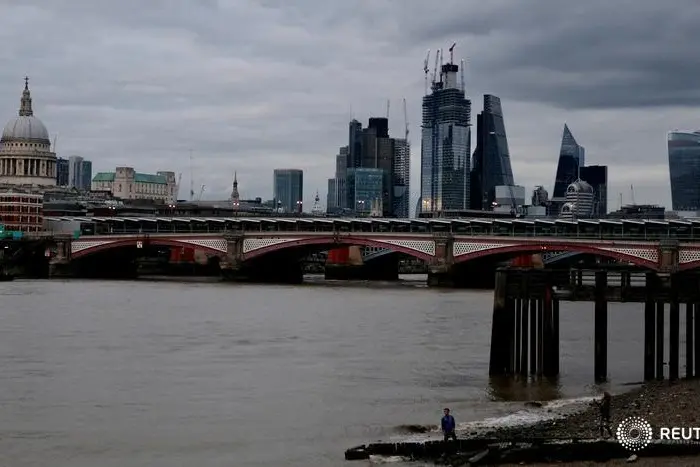PHOTO
Britain's finance ministry said on Wednesday it had banned "cold callers" or scammers who use the phone, post or email to persuade people to part with their pension pots.
Pension freedoms introduced in April 2015 allow Britons to cash in their pensions, raising concerns among lawmakers that tougher protections are needed for consumers who get unsolicited calls from retirement advisers.
Companies that make unwanted, unsolicited phone calls to people about their pensions from Wednesday may face enforcement action, including fines of up to 500,000 pounds ($639,000), the finance ministry said in a statement.
"We know that cold-calling is the pension scammers’ main tactic, which is why we’ve made them illegal," said John Glen, a junior finance minister.
The Money Advice Service has said there could be as many as eight scam calls every second in Britain, the finance ministry said.
Pension firms authorised by the Financial Conduct Authority (FCA) and officials of a pension scheme can continue to make calls.
Calls are also legal if the recipient consents to them, or there is an existing relationship with the caller.
Further bans could be introduced.
Parliament's work and pensions committee is looking at whether "contingent charging" should be outlawed, a reference to advisers being paid if a pension pot is actually transferred to a different scheme.
This form of fee is seen as giving advisers an incentive to put pressure on people to make changes, even though the FCA has said that often the best course of action is to leave the pension undisturbed.
The watchdog has said victims of pension scammers lost an average of 91,000 pounds each in 2017.
Lawmakers criticised the FCA for being too slow to protect steelworkers in south Wales from "vulture" advisers in 2017 when they had to choose between a new pension scheme and a pensions lifeboat following the closure of their 14 billion pounds retirement scheme.
The issue of contingent charging came up during parliamentary hearings on the steelworkers' pensions, but the FCA said last October it would hold off banning contingent charging as more analysis was needed.
($1 = 0.7830 pounds)
(Reporting by Huw Jones; Editing by Mark Potter) ((huw.jones@thomsonreuters.com; +44 207 542 3326; Reuters Messaging: huw.jones.thomsonreuters.com@reuters.net))





















